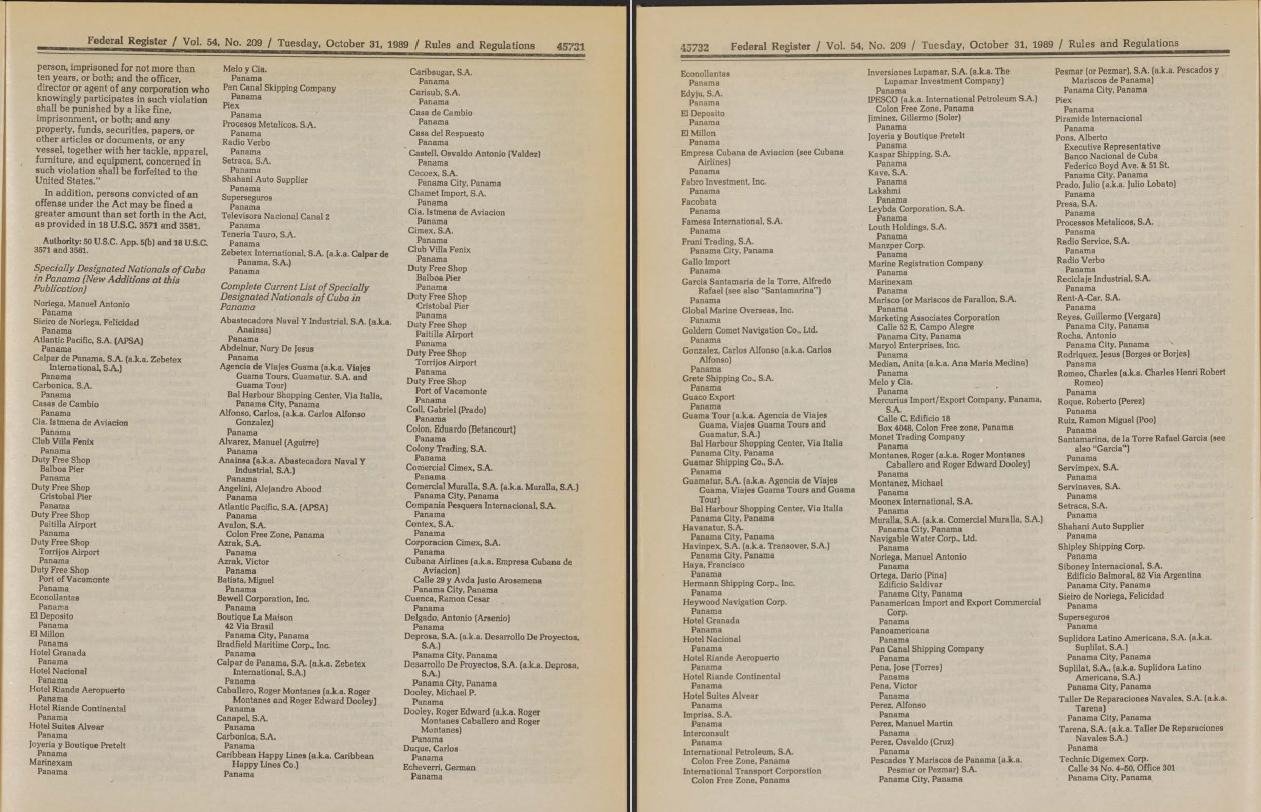In this post, we want to take a step back from current events and address another question: As our initial PrototypeFund grant wraps up, it’s time to set this project on a new trajectory.

OFAC sanctions before they adopted the world's most over-engineered XML format.
Following the introduction of business licenses for our datasets in December, we’ve seen an incredibly encouraging reaction from companies across the fintech and open source intelligence sectors. The notion that due diligence data can be better if it is made more open and more transparent seems to have struck a nerve.
That support also means we have the necessary momentum to take OpenSanctions from an experiment in open data towards a sustainable and long-lived resource. The partnerships we’ve formed so far compel us not just to maintain, but also to grow and advance it.
Our vision is to make OpenSanctions a meeting place between those who are trying to map out the structure of financial crime and those who want to avoid facilitating it. In short: OpenSanctions is about changing the how of accountability data, much like Wikipedia has changed how we think about an encyclopedia. Transparent process and open access lead us to question the authority of long-serving brands like Britannica, or LexisNexis.
What is our goal?
- We want to empower fintech, regtech and analysis companies to build innovative tools and processes instead of having to develop the same set of 35 web crawlers for the seventieth time. Getting access to a world-class dataset should be table stakes for anyone in a regulated industry, not a competitive advantage.
- We want to make sure that journalists and activists have first-class access to this resource, and that their knowledge and unique understanding is, in turn, reflected in the entities and connections we publish.
- We plan to build partnerships with those who track power and hold it to account, working together to form a data-driven global counter-force to kleptocracy and dark finance.
- We want to provide high-quality building blocks - not just the core dataset, but also open source components for entity matching, text mining, and data enrichment that others can use to integrate with OpenSanctions, gain insight and make better products.
All of this will take both time and the support and trust of many additional partners. As we build out OpenSanctions, there will be many more posts to elaborate components of this plan. We hope many of you will join us on this journey!
